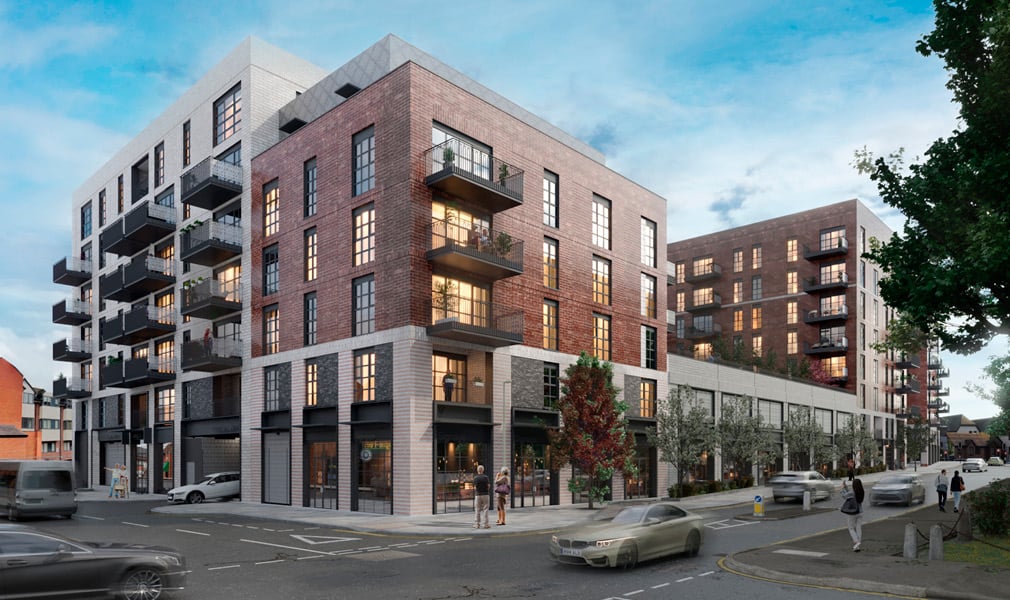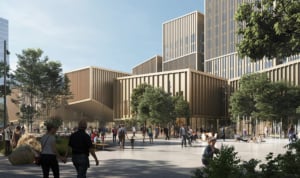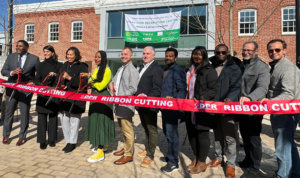Later Living Sector Creating Opportunities for Forward-Thinking

Sourced from CoStar
by MGAC’s Alex Malloy – January 22, 2024
Integrated Retirement Communities (IRCs) are a relatively new concept within the residential property sector in the UK. This caters to a lower age bracket, typically over 65- year-olds, who do not require care or assisted living. Unlike nursing homes which centre around round-the-clock care, Integrated Retirement Communities focus on community spirit, lifestyle, and high calibre products and services.
IRC providers are creating impressive schemes across the UK which offer elevated accommodation with smart technology and excellent town centre locations. These types of retirement properties are increasingly popular with active residents looking to become part of a community. One of the most unique things about ICRs is their focus on quality, both in terms of accommodation and proximity to independent shops and amenities, including hairdressers, chiropodists, yoga studios, gyms, swimming pools, and entertainment offered by restaurants, cafés, and cinemas. Traditionally, some later living operators looked to bring these services in-house. The IRC model looks to reach out to the wider community to support the residents.
Integrated Retirement Communities are considered an emerging use class in the wider retirement sector; they are normally larger developments (typically 60 to 250 homes) built specifically for over 65-year-olds who want to live with more independence than they would have in traditional retirement housing or care homes. This age group belongs to the Woodstock Generation; they want to be part of a network of likeminded people, within a community atmosphere. This has become the central idea behind the best ICR schemes, which are designed to focus on residents’ social interaction and lifestyle.
The developments are typically future-proofed—fitted out in such a way to cater to residents’ needs over time. This increases their longevity and security by removing a resident’s need to move due to physical changes that come naturally with old age. Most residences are constructed in a way that can be easily altered to cater for any future living requirements, such as accessibility and bathroom modifications. There are a variety of different IRC models across the UK, with properties for sale, shared ownership, and rent. Both councils and private developers have a pipeline to market and there are development opportunities in key locations across the country. However, the main challenge for developers is finding suitable sites as there is strong competition for land from non-retirement projects. As the UK population gets older and the already significant demand for quality accommodation rises, we will see more schemes come to market.
IRC projects are helping to shift the perceptions of the retirement living sector, which has historically conjured images of sheltered accommodation or care homes with elderly residents who need constant assistance. There is, of course, still a requirement for these types of accommodation, but they would come under a different category which would include a greater emphasis on care.
We have seen serious backing from institutional investors, including large pension funds, which shows the confidence and potential of this category. There is also much research being undertaken into planning regulations and policy guidelines as the industry realises the benefit of diversifying the way we view and build later living communities. A recently launched LGBTQ+ only IRC development proved to be extremely popular and quickly sold out. We will see many more category defining projects which will help shape our view of retirement living as the sector matures.
IRC schemes provide many benefits, including a positive effect on residents’ health and well-being, as well as reducing pressure on the NHS and the housing crisis by freeing up larger dwellings for families. As the sector continues to grow and flourish, forward thinking developers and providers can take advantage of new opportunities and demand for innovative products.








